A searing, postapocalyptic novel destined to become Cormac McCarthy’s masterpiece.
A father and his son walk alone through burned America. Nothing moves in the ravaged landscape save the ash on the wind. It is cold enough to crack stones, and when the snow falls it is gray. The sky is dark. Their destination is the coast, although they don’t know what, if anything, awaits them there. They have nothing; just a pistol to defend themselves against the lawless bands that stalk the road, the clothes they are wearing, a cart of scavenged food—and each other.
The Road is the profoundly moving story of a journey. It boldly imagines a future in which no hope remains, but in which the father and his son, “each the other’s world entire,” are sustained by love. Awesome in the totality of its vision, it is an unflinching meditation on the worst and the best that we are capable of: ultimate destructiveness, desperate tenacity, and the tenderness that keeps two people alive in the face of total devastation.
“Despite Cormac McCarthy’s reputation as an ornate stylist, The Road represents both the logical terminus, and a kind of ultimate triumph, of the American minimalism that became well-known in the 1980s under the banner of ‘dirty realism’ . . . The Road is a much more compelling and demanding book than its predecessor . . . The new novel will not let the reader go, and will horribly invade his dreams, too . . . The Road is not a science fiction, not an allegory, and not a critique of the way we live now, or of the-way-we-might-live-if-we-keep-on-living-the-way-we-live-now. It poses a simpler question, more taxing for the imagination and far closer to the primary business of fiction-making: what would this world without people look like, feel like? These questions McCarthy answers magnificently . . . [His] devotion to detail, his Conradian fondness for calmly described horrors, his tolling fatal sentences, make the reader shiver with fear and recognition . . . When McCarthy is writing at his best, he does indeed belong in the company of the American masters. In his best pages one can hear Melville and Lawrence, Conrad and Hardy. His novels are full of marvelous depictions of birds in flight, and The Road has a gorgeous paragraph like something out of Hopkins . . . The writing [is] often breathtaking.”
–James Wood, The New Republic
“Fundamentally it marks not a departure but a return to McCarthy’s most brilliant genre work, combined in a manner we have not seen since Blood Meridian: adventure and Gothic horror. That book is usually viewed not only as McCarthy’s greatest–a view I passionately share–but as representing a kind of fulcrum [in his career] . . . There are strong echoes of the Jack London—style adventure [and] Robinson Crusoe [in The Road] . . . For naturalism operating at the utmost extremes of the natural world and of human endurance a McCarthy novel has no peer. . . McCarthy has to be accounted as a secret master and the rightful heir to the American Gothic tradition of Poe and Lovecraft . . . I think ultimately it is as a lyrical epic of horror that The Road is best understood . . . The father is visited as poignantly and dreadfully as Odysseus or Aeneas by ghosts . . . Replete both with bleak violence and acute suspense, [this is] a layered, tightly constructed narrative that partakes of the epic virtue it attempts to abnegate . . . What emerges most powerfully as one reads The Road is not a prognosticatory or satirical warning about the future, or a timeless parable of a father’s devotion to his son, or yet another McCarthyesque examination of the violent underpinnings of all social intercourse and the indifference of the cosmic jaw to the bloody morsel of humanity . . . It is a testament to the abyss of a parent’s greatest fears . . . It is in the audacity and single-mindedness with which The Road extends the metaphor of a father’s guilt and heartbreak over abandoning his son to shift for himself in a ruined, friendless world that The Road finds its great power to move and horrify the reader.”
–Michael Chabon, New York Review of Books
“It’s hard to think of [an apocalypse tale] as beautifully, hauntingly constructed as this one. McCarthy possess a massive, Biblical vocabulary and he unleashes it in this book with painterly effect . . . The Road takes him to a whole new level . . . It will grip even the coldest human heart.”
–John Freeman, Sunday Star-Ledger
“Rendered in beautiful and powerful prose . . . McCarthy still stands tall among our best writers . . . In the nightmarish setting that McCarthy has envisioned, humanity shines brightly through.”
–Connor Ennis, The Associated Press
“The Road [is] Cormac McCarthy’s new masterpiece . . . Lush, sensuous prose . . . Gorgeous descriptions . . . . . . He evokes Hemingway’s literary vision in order to invert it, first by eliminating the promise that nature can provide a refuge from human destruction and finally by giving us redemption in the form of the love between a parent and a child.”
–Jennifer Egan, Slate
“The love between the father and the son is one of the most profound relationships McCarthy has ever written.”
–Yvonne Zipp, Christian Science Monitor
“The Road is a wildly powerful and disturbing book that exposes whatever black bedrock lies beneath grief and horror. Disaster has never felt more physically and spiritually real. In a way McCarthy is the last survivor of a vanished world. He is, essentially, a modernist, miraculously preserved like a literary coelacanth from the age of Hemingway and Faulkner, writers of high style and high purpose without an iota of aw-shucks relatability . . . There’s a stripped-down intensity to his work that is just awesome.”
–Lev Grossman, Time
“One of McCarthy’s best novels, probably his most moving and perhaps his most personal . . . Every moment of The Road is rich with dilemmas that are as shattering as they are unspoken . . . McCarthy is so accomplished that the reader senses the mysterious and intuitive changes between father and son that can’t be articulated, let alone dramatized . . . Both lyric and savage, both desperate and transcendent, although transcendence is singed around the edges . . . Tag McCarthy one of the four or five great American novelists of his generation.”
–Steve Erickson, Los Angeles Times Book Review
“No American writer since Faulkner has wandered so willingly into the swamp waters of deviltry and redemption . . . [The Road] is Beckett at its most gritty . . . McCarthy is too seasoned a writer to over dramatize what may be the last drama of all . . . The reader feels a bone-deep identification with the characters’ plight . . . And to its credit, you don’t see what has to be coming in this endgame novel–a moment of such simple goodness and humanity that even its elegiac fact is a thing of comfort . . . He has written this last waltz with enough elegant reserve to capture what matters most.”
–Gail Caldwell, Boston Globe
“As a reader of everything good I can get my hands on, I’m always thrilled when a fine writer of first-class fiction takes up the genre of science fiction and matches its possibilities with his or her own powers . . . Now Cormac McCarthy, one of our country’s most lauded writers, has done it and made a dark book that glows with the intensity of his huge gift for language. The Road is a p




